Digby Family Crest, Coat of Arms & Digby Name Origin
|
|
|
|
|
| Return to Home page | Bookmark this page | Link to this page | Send a Digby Postcard |
| Find Your Name | ||||||||
| A | B | C | D | E | F | G | H | |
| I | J | K | L | M | N | O | P | |
| Q | R | S | T | U | V | W | X | |
| Y | Z | |||||||
Digby Family Crest


Origin of the Name Digby
The origin of the name Digby was found in the allfamilycrests.com archives. The name Digby has a number of origins but is most often of Anglo-Saxon descent of locational origin from a place in County Lincolnshire that took its name from the old words 'diche' and 'byr', describing a dyke or farm settlement. In the ancient Domesday Book the name is recorded as 'Dicbi' in the year 1086. An early record of the name refers to a Geoffrey de Dyggeby who was recorded in the Fines List in Lincolnshire in the year 1250. Sir Everard Digby (1578-1606) was one of the planners of the Gunpowder Plot, the failed assassination attempt against King James I of England in the year 1605, for which he was hanged.
Names were recorded in these ancient documents to make it easier for their overlords to collect taxes and to keep records of the population at any given time. When the overlords acquired land by either force or gifts from their rulers, they created charters of ownership for themselves and their vassals. It was by creating, maintaining and updating these reference books that they were able to maintain their authority and enforce laws.
The name Digby in Ireland is usually of immigrant origin having been introduced into the Province of Ulster by settlers from England and Scotland , especially during the seventeenth century.
The Digby coat of arms came into existence centuries ago. The process of creating coats of arms (also often called family crests) began in the eleventh century although a form of Proto-Heraldry may have existed in some countries prior to this. The new art of Heraldry made it possible for families and even individual family members to have their very own coat of arms, including all Digby descendants.
|
WONDERFUL GIFTS FOR EVERY OCCASION
Show Off Your Heritage With Our Range Of Top Class Gifts For Your Family Name! VERY LIMITED TIME OFFER: FREE DELIVERY!!! |
||
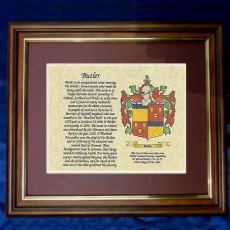 Parchment Prints: Framed, Unframed, Perfect  |
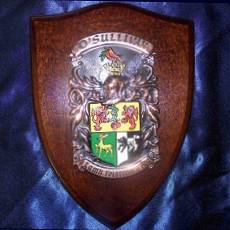 Researched Hand-Painted Plaques & Shields  |
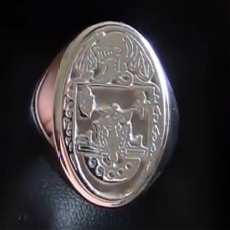 Incredible Hand-Engraved Signet & Seal Rings  |
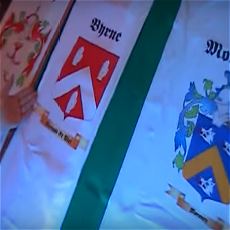 Get your Family Crest Flag, on Ireland or White background!  |
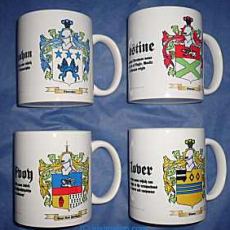 Personalized Coffee Mugs Make Thoughtful Personalized Gifts  |
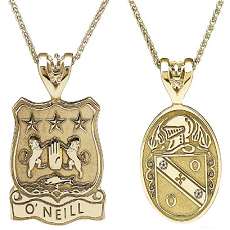 Engraved Pendants in Gorgeous Gold or Stylish Silver.  |